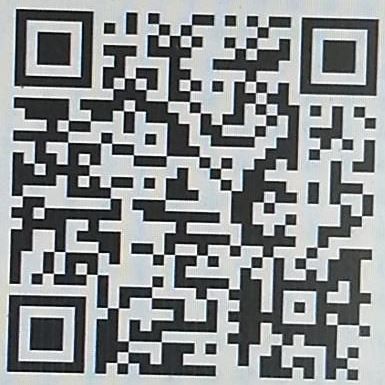Medical and sexual histories help determine the extent and form of Erectile dysfunction. A medical history can reveal disorders that cause ED, but a simple recounting of sexual activity can differentiate between difficulties with sexual desire, erection, ejaculation, or orgasm.
Because drug effects account for 25% of ED cases, specific prescription or illicit substances might point to a chemical reason. Certain drugs can typically be reduced or substituted to help the condition.
A physical examination could identify systemic problems. For example, if the penis is not sensitive to touch, the cause might be discomfort in the neurological system.
Secondary sex features that are abnormal, such as hair patterns or breast augmentation, might indicate hormonal issues, implying that the endocrine system is implicated. A vascular issue may be discovered by examining reduced pulses in the wrists or ankles and unique penile features, such as a penis that bends or curves while erect, might indicate the source of the problem—for example, Peyronie's illness could cause a penis that bends or curves when erect.
Several laboratory tests can aid in the diagnosis of ED. Systemic disease tests include blood counts, urinalysis, lipid profiles, and creatinine and liver enzyme assays. Measuring the quantity of free testosterone in the blood can reveal endocrine system issues and is recommended in individuals with diminished sexual drive.
Nocturnal Penile Tumescence (NPT) Test
Healthy men of all ages have nocturnal erections. REM sleep accounts for eighty percent of these. The average guy has three to five NPT episodes every night, each lasting 30 to 60 minutes. Total nocturnal erection time decreases with age.
NPT may be monitored using a variety of techniques. Rather than NPT sleep labs, monitoring is usually done using a simple outpatient device. These devices record the number, duration, stiffness, and circumference of penile erections electronically.
Monitoring erections while sleeping (nocturnal penile tumescence) can aid in the elimination of particular psychological reasons for ED. During sleep, healthy males develop involuntary erections.
If nocturnal erections do not occur, the cause is likely physical rather than psychological. However, nocturnal erection tests are not entirely trustworthy. Such tests have not been standardized, nor have scientists decided when to use them for the best results.
Neuro-urologic testing tries to detect neurologic disorders such as diabetes or pelvic injury and to diagnose reversible neurologic problems such as nerve damage induced by long-distance biking. These tests also aid in determining if a referral to a neurologist is required. The following are the most regularly utilized tests:
Erectile dysfunction can result in psychological problems such as performance anxiety, a troubled relationship, a lack of sexual arousal, and mental health diseases such as depression and schizophrenia. As a result, your doctor may advise you to meet with a psychologist to discuss current sexual issues, partner relationships, and any mental symptoms you are having.
Discover effective solutions for Erectile Dysfunction with the expertise of Dr. Anup Dhir, renowned specialist in the field. Schedule a consultation today to benefit from his extensive knowledge and personalized treatment options."
Remember, it's always a good idea to research and consult with multiple medical professionals to make informed decisions about your healthcare needs.

Leave a request to connect to Dr. Anup Dhir for an Appointment.